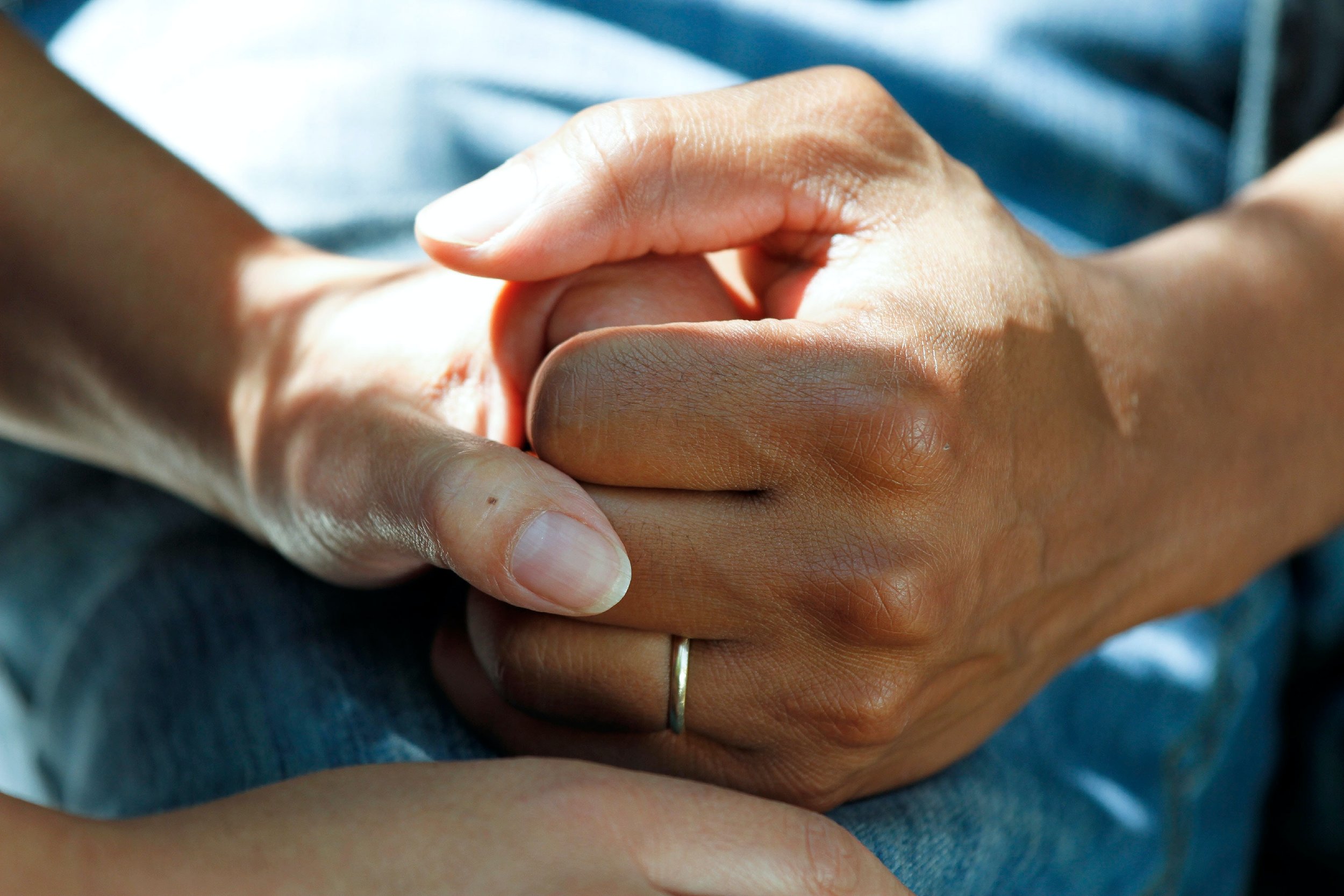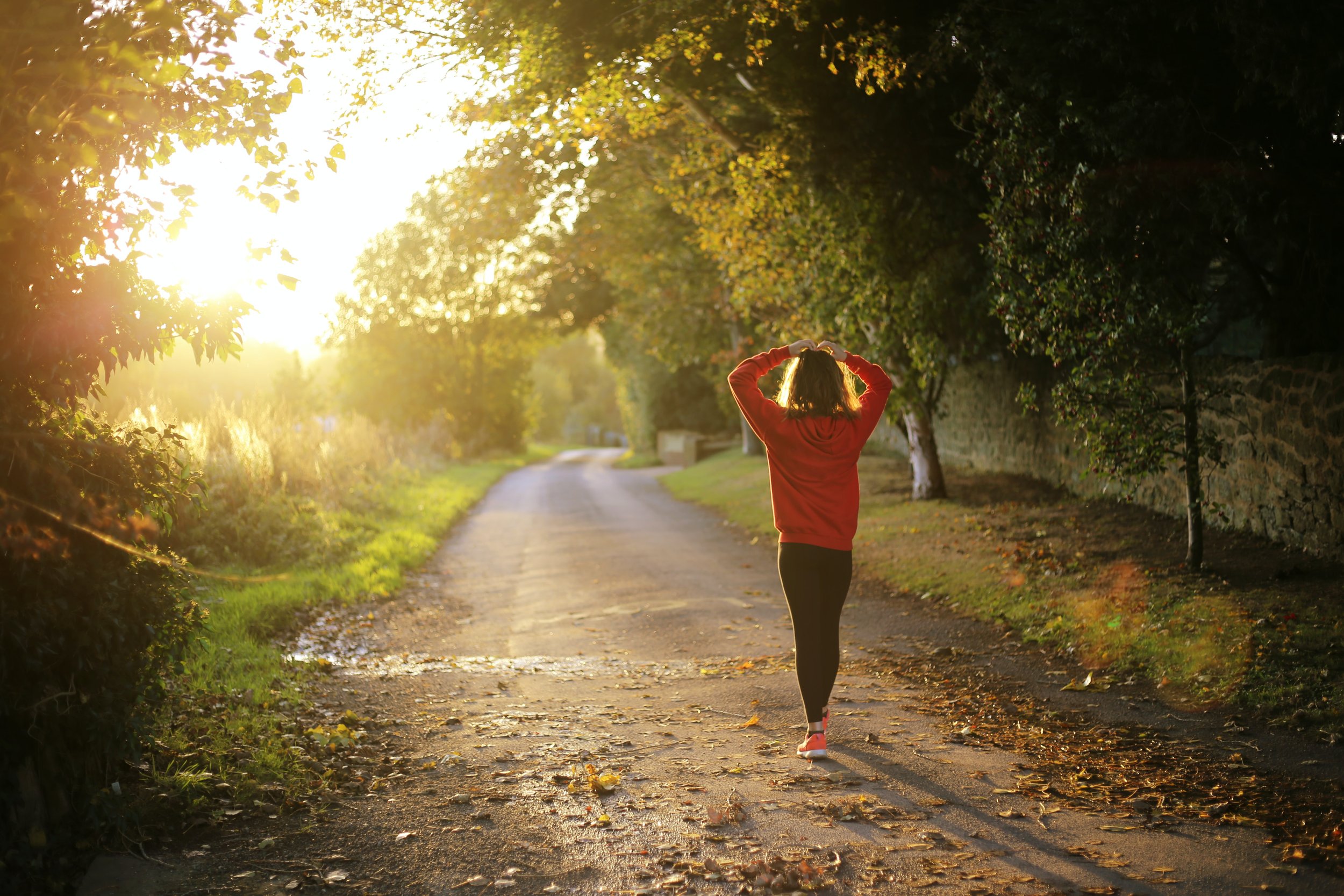3 TIPS FOR REDUCING ANXIETY AND STRESS
Do you ever ask yourself, “How do I manage my anxiety?” “Does anxiety ever go away?” “What can I do about anxiety attacks?” If the answer is yes, then you’re in the right place. This post will provide you with 3 tangible tips to utilize in your day-to-day life for reducing the impact of anxiety on your mind and body. When you are finished reading, you will have measurable activities that you can immediately implement into your day. So, let’s dive in and get you those resources.
Make Contact With Yourself Or Another Being
Often when we feel high levels of anxiety, our nervous systems are over-activated and we can start to feel like we are buzzing. There actually is a charge in our system and you want to soothe that charge until you feel more regulated and calm. One helpful way to do that is to be in contact with another being, human or animal. Petting an animal, hugging a human, or even caressing your own body are all great ways to make contact with an alternate form of energy. Our nervous systems are co-regulated, meaning they mirror what we experience in the world around us. So, if you have a particularly stressful day, your nervous system is modeling the stress it perceives externally and gradually boosts your energy to match that stress. When you intervene with a calmer energy, from another being or even from within yourself, it signals to your system that it’s ok to reduce frequency and fall into a more restful state of being. This ultimately preserves energy and tells your brain that you are safe enough to take a breath and relax. The cool thing is that even if you don’t have access to another being, simply caressing your arms can provide the same input as a hug from a loved one. We often overlook the power within us to offer ourselves care and resolve for the challenges we face.
Get YOUR BODY Moving
It’s no secret that exercise is good for our mental health and I don’t want to beat a dead horse but it truly is one of the most quickly effective things you can do for yourself. If you feel intense anxiety, it may be helpful to find a movement that matches that intensity. This could be running, boxing, or even doing simple jumping-jacks at home. The point is that you are discharging the current of stress running through your body through the intensity of movement and beating of your heart. It creates a rhythm that provides consistency and soothing. In contrast, some people need gentler movement practices to treat anxiety. If intensity doesn’t sound good or isn’t accessible, try going for a slow walk outside. Notice your senses. What input feels good to your system? Is it the smell of the trees, the whisper of the wind, or perhaps the cool air filling your lungs? Paying attention to your senses and leaning into what feels good is also very effective at calming your system and getting you on your way to homeostasis. Drawing a bridge between your body and your mind is the central theme here. Connecting the two through movement is incredibly powerful.
practice Mindfulness and Breath work
There are many clients who come to me reporting that the breath work that is often suggested for anxiety is actually more anxiety producing for them. There are many reasons for this but what I want you to hear now is that if it doesn’t feel good to you, try a different format. There is no one-size-fits all technique for every form of anxiety. It could be that you are over-breathing and your body is in a hyper-ventilation state. It could be that you are resistant to shifting the anxiety because the anxiety is serving a purpose or providing information that you aren’t ready to move past yet. Listen to where you are at and gently try different methods until your unique body responds with greater ease.
That being said, our minds and our breath are incredible powerful to our mental health. Adopting a short, measurable mindfulness or breathwork practice can have extraordinary impact on your long-term experience of anxiety. Maybe start with a 3-5 minute guided meditation. Insight Timer is a free app that has tons of these short meditations to choose from. Or, maybe you start each day with 5 deep inhale/exhale breaths before you get out of bed in the morning. Either of these are less than a 5-minute commitment that could provide extensive benefits for your mental and physical health. The key is to continue showing up in whatever format is accessible for you in a measurable way. Research tells us that even just 30 seconds of an activity has significant impact on our health when met with consistency. Anyone can do one practice for 30 seconds per day. That’s absolutely measurable!
This is just a start on the innumerable resources that you have access to on a daily basis to mitigate the impact of anxiety on your body and mind. You absolutely have the power to heal and to change. It just takes starting somewhere small and sticking with it. Change takes time and often the growth is small, one bit at a time, but over time I guarantee that you will see larger results and you’ll be glad you chose to show up for yourself in these ways! Keep at it.
If you could use individualized counseling support pertaining to anxiety, you’re always welcome to reach out to me here. I’m happy to be of help!



